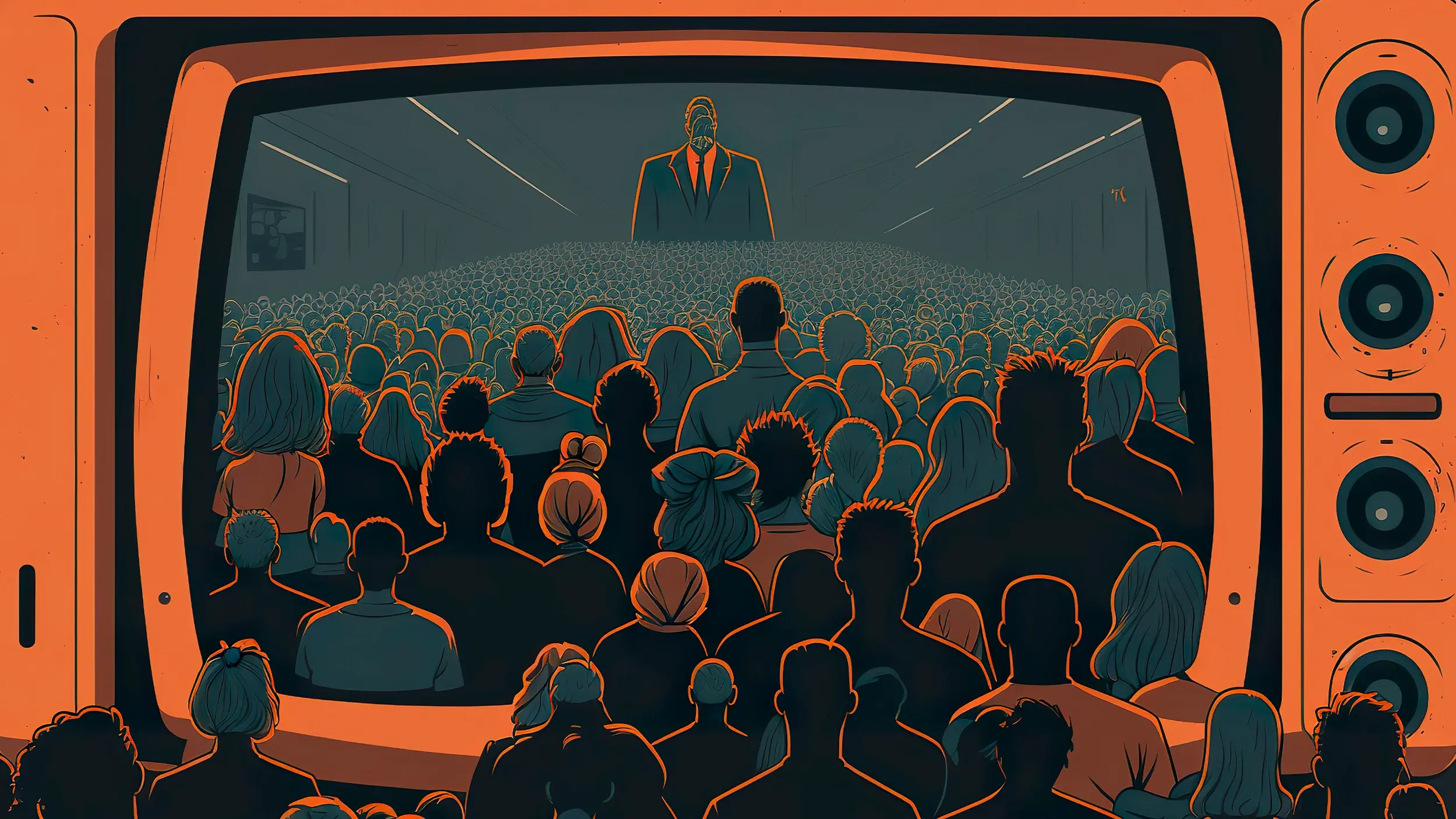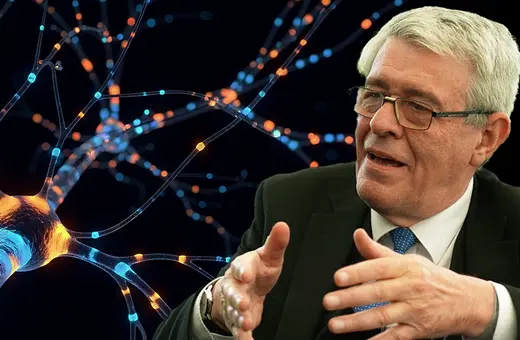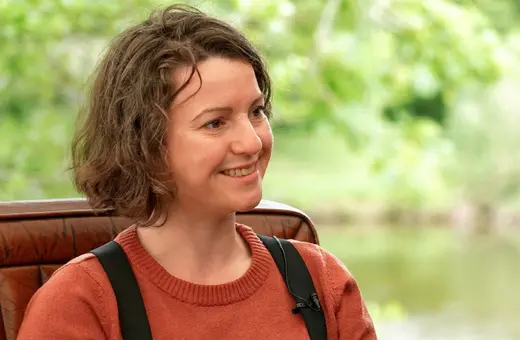Our attempts to prevent suicide as a society are actually making it more prevalent. With the "End of Life" bill vote taking place in the UK this Friday, theorist Alexandre Baril argues in opposition that we need to take a wider and more theoretical approach to suicide, thinking of the suicidal in general rather than only the old/terminally ill. We need to change the current system which penalises the suicidal for speaking out about their ideation. We must care for the suicidal person themselves, not focus on protecting an abstract and general notion of ‘life’.
I have wanted to die so many times in my life that it has led me to turn to the question of suicide as a philosophical, academic, and political question. In this article I will present what I know to be the unorthodox conclusion of my musings, both personal and systemic. I must immediately note that my desire to platform those who are suicidal in no way assigns a positive value on the act of suicide itself – if anything, as I will argue, I believe my approach could lead to a decrease in suicides overall.
Suicidal people often have to lie about their suicidality (a broad term encompassing suicidal ideation, suicide attempts, and completed suicides) because being honest has huge costs. They know their suicidal plans will be thwarted, destroying the escape hatch that was giving them hope of annihilating their despair; and they become subjugated to a vast array of prejudices and discriminations.
These, perhaps surprisingly to those who do not have first-hand experience, can be quite material: suicidal people are routinely refused job opportunities based on their suicidal history; are denied life and health insurance; are labelled as incompetent parents and lose custody of their children; have been deceived by suicide prevention hotlines that trace their calls and force non-consensual interventions upon them; are handcuffed, arrested, and mistreated by the police (a violence exacerbated when suicidal people are racialized, poor, or otherwise marginalized); and are forcibly hospitalized, physically restrained, and drugged against their will.
Aware of these consequences, I, like many other suicidal people, have concealed my suicidal ideation from therapists, psychologists, and health care professionals to avoid these sanctioned forms of criminalization, stigmatization, pathologization, and incarceration… As I argue in my book Undoing Suicidism (2023), these forms of oppression affecting people on the basis of their suicidality can be considered systemic, and I thus term them suicidism.
Before investigating and theorizing the plight of suicidal people as a social category, I always thought that I as an individual was the problem: a broken person, in need of having my suicidality eradicated by medical or sociopolitical cures. My desire to die felt like I was giving up on my communities, giving up on those political battles (e.g., sexism, classism, cisgenderism).
I had no conceptual tools; no theoretical paradigms; no clinical models; no sociopolitical, legal, or medical support; and, most importantly, no social movement to help me make sense of my experiences, thoughts, and needs as a suicidal person, outside what I call the dominant suicidist preventionist script. As a trans, bisexual, disabled, and Mad man, who lived as a woman and a lesbian for almost thirty years, I was used to turning to social movements to theorize and politicize my experiences and oppressions. This time, I could only turn to myself.
___






















Join the conversation